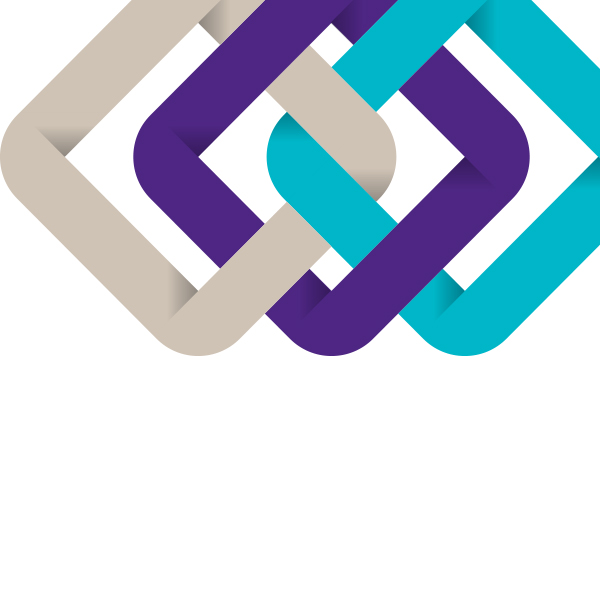Services
Knowledge and integrity you can rely on.
-
Compliance and audit reviews
From mandates, best practice procedures or accreditations, to simply gaining peace of mind, our technical and industry experts have you covered.
-
External audit
Strengthen business and stakeholder confidence with professionally verified results and insights.
-
Financial reporting advisory
Deep expertise to help you navigate New Zealand’s constantly evolving regulatory environment.
The business tax landscape is transforming. Are you ready?
-
Corporate tax
Identify tax issues, risks and opportunities in your organisation, and implement strategies to improve your bottom line.
-
Indirect tax
Stay on top of the indirect taxes that can impact your business at any given time.
-
Individual tax
Preparing today to help you invest in tomorrow.
-
Private business tax structuring
Find the best tax structure for your business.
-
Tax disputes
In a dispute with Inland Revenue or facing an audit? Don’t go it alone.
-
Research & development
R&D tax incentives are often underused and misunderstood – is your business maximising opportunities for making claims?
Tailored solutions to help you navigate challenges, seize opportunities and realise your ambitions.
-
Management reporting
You’re doing well, but could you be doing even better? Discover the power of management reporting.
-
Financial reporting advisory
Deep expertise to help you navigate New Zealand’s constantly evolving regulatory environment.
-
Succession planning
When it comes to a business strategy that’s as important as succession planning, you can’t afford to leave things to chance.
-
Trust management
Fresh perspectives, practical solutions and flexible support for trusts and estate planning.
-
Forecasting and budgeting
Prepare for every likely situation with robust budgeting and forecasting models.
-
Outsourced accounting services
An extension of your team when you need us, so you can focus your time, energy and passion on your business.
-
Setting up in New Zealand
Looking to set up a business in New Zealand? You’ve come to the right place.
Access experts who can help you build capability, tackle challenges and opportunities, and create lasting success.
-
Policy reviews & development
Turn your risks into strengths with tailored policies that protect, guide and empower your business.
-
Performance improvement
Every business has untapped potential. Unlock yours.
-
Programme & project management
Successfully execute mission-critical changes to your organisation.
-
Strategy
Make a choice about your vision and purpose, where you will play and how you will win – now and into the future.
-
Risk
Manage risks with confidence to support your strategy.
Start or enhance your digital transformation journey or latest IT project.
-
Cloud services
Leverage the cloud to keep your data safe, operate more efficiently, reduce costs and create a better experience for your employees and clients.
-
Data analytics
Use your data to make better business decisions.
-
IT assurance
Are your IT systems reliable, safe and compliant?
-
Cyber resilience
As the benefits technology can deliver to your business increases, so too do the opportunities for cybercriminals.
-
Virtual asset advisory
Helping you navigate the world of virtual currencies and decentralised financial systems.
-
Virtual CSO
Security leadership and expertise when you need it.
Unlock sources of finance, present your case to potential funders and negotiate long-term sustainable relationships.
-
Debt advisory
Raise, refinance, restructure or manage debt to achieve the optimal funding structure for your organisation.
-
Financial modelling
Understand the impact of your decisions before you make them.
-
Raising finance
Access the best source of funding for your business with a sound business strategy and rigorous planning.
-
Business valuations
Valuable decisions require valued insights.
Take an early and proactive approach if insolvency is on the horizon.
-
Complex and international services
Navigate the complexities of multi-jurisdictional insolvencies.
-
Corporate insolvency
Achieve fair and orderly outcomes if your business – or part of it - is facing insolvency.
Practical solutions for distressed situations.
-
Independent business review
Is your business viable today? Will it be viable tomorrow? Give your business a health check to find out.
-
Litigation support
Straight forward advice from trusted advisors to support litigation and arbitration matters, expert determinations and other specialist hearings.
When risk becomes reality, take rapid protective action to get back to business as usual.
-
Business valuations
Valuable decisions require valued insights.
-
Forensic accounting & dispute advisory
Understand the true values, numbers and dollars at stake, as well as your obligations and rights to ensure value is preserved and complexities are managed.
-
Expert witness
Our expert witnesses analyse, interpret, summarise and present complex financial and business-related issues which are understandable and properly supported.
-
Investigation services
A fast and customised response when misconduct occurs in your business.
Our unique offering to the financial services sector may be the catalyst you need to take your business forward, safely and prosperously.
The true measure of society is how it treats its most vulnerable people. Your success is vital to ensuring our country remains a fair and civil one.
Minimise your risk and cost while maximising your returns for the best chance of success in today’s market.
Our public sector team goes beyond expectations so you can too.
Helping aged care and retirement village operators deliver on their mission and purpose in an increasingly demanding environment.


